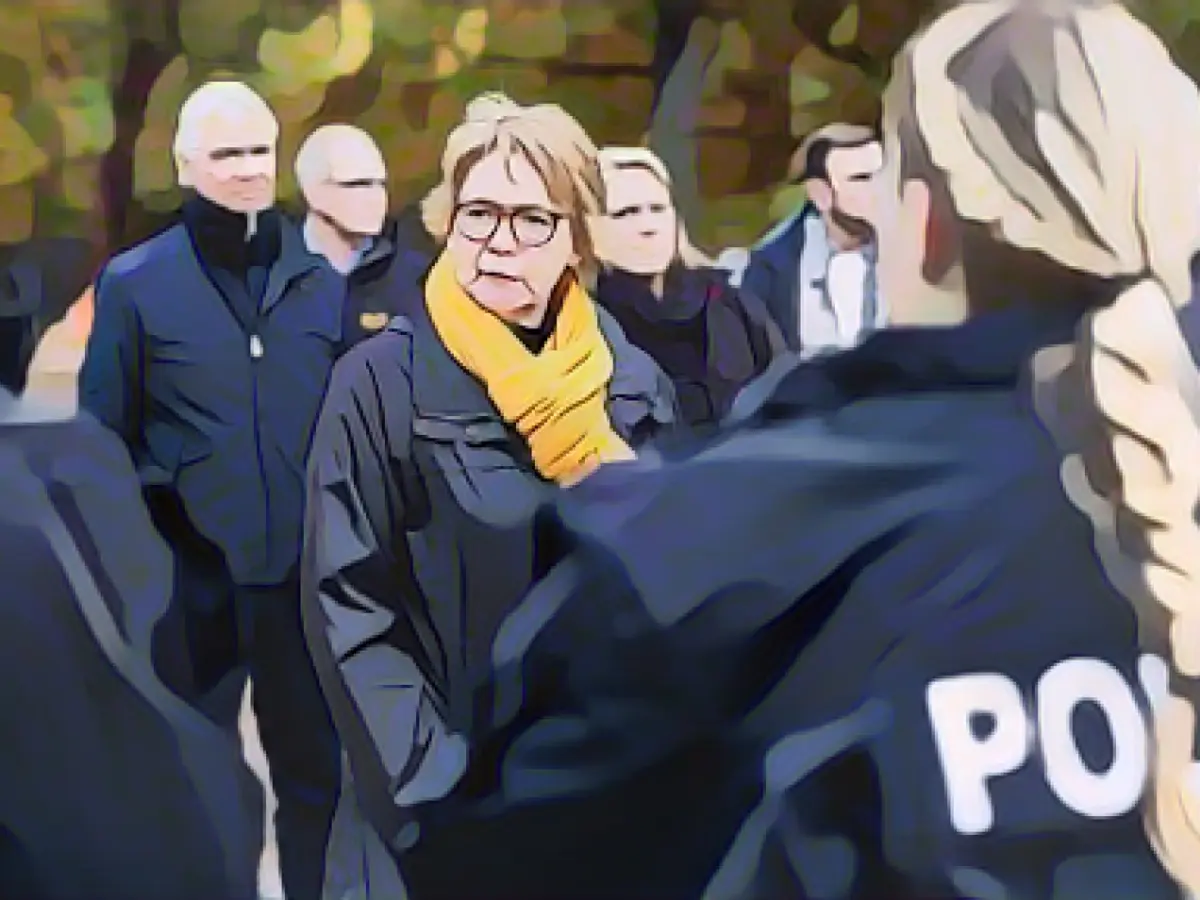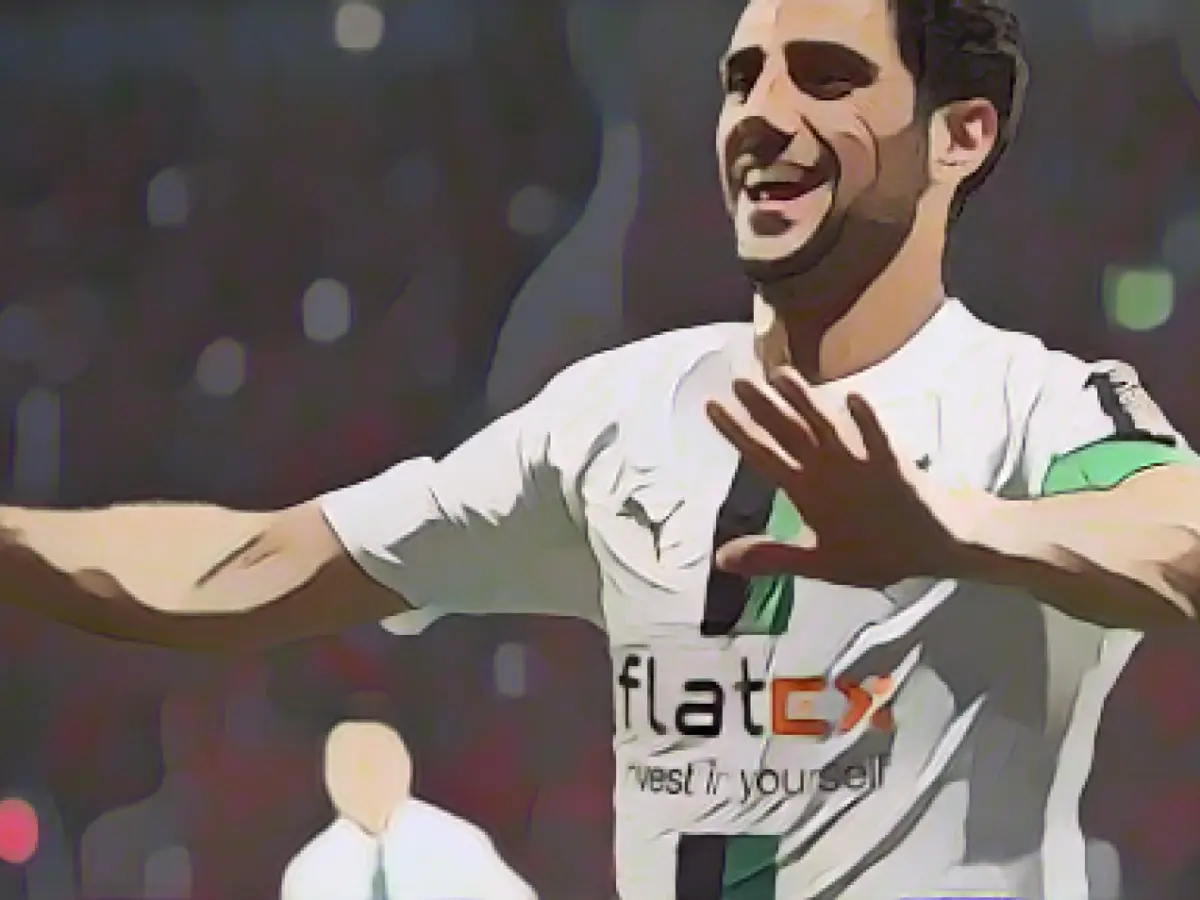Soccer - Stakeholders Search for Solutions to Stadium Violence Epidemic
The escalating incidents of violence in soccer stadiums, particularly in Germany, have led politicians and club executives to take a proactive stance against rampant rowdiness and pyrotechnics use. Lower Saxony's Interior Minister Daniela Behrens (SPD) convened with Hannover 96's majority shareholder Martin Kind and Eintracht Braunschweig president Nicole Kumpis to address the growing issue of stadium incidents.
"Enough is enough," exclaimed Behrens, voicing the collective sentiment of German officials and soccer enthusiasts. "We must collaborate to quell the violence," she asserted, emphasizing the urgent need for joint action.
Martin Kind shared similar sentiments, acknowledging that the clubs have "made little progress in addressing the issue over the years." Agreeing to take action, both parties agreed on a joint approach against violent offenders.
Improvements in stadium security are at the forefront of proposed solutions, with the emphasis on better admission controls and infrastructure. Key areas of concern include upgrading camera technology that currently falls short in many stadiums. In response, the police union in Lower Saxony called for more video surveillance and better training for security staff.
As interior ministers are set to discuss recent soccer-related violence in Berlin, security representatives hope for increasingly stringent measures against aggressive ultra-groups before the European Championship in Germany. However, some fan representatives question the police’s harsh tactics, arguing that they may contribute to further escalations rather than deescalating the problems at hand.
Lower Saxony derbies between Hannover 96 and Eintracht Braunschweig have garnered headlines due to repeated incidents of pyrotechnic misuse. In the most recent derby, damage was estimated at around 150,000 euros, and a police officer sustained serious injuries. The clubs' inability to curb the actions of individual fans has left them financially strapped, with Hannover paying 600,000 euros in fines and Braunschweig incurring costs of approximately 300,000 euros.
Drawing on recommendations from experts in the field, the following strategies can help address the issue of stadium violence:
- Strengthened Collaboration
- Form partnerships between clubs and law enforcement agencies to identify and disrupt potential threats, providing real-time support during matches.
- Allocate resources to information-sharing platforms and intelligence sources to stay updated on security threats related to pyrotechnics use and other forms of violence.
- Advanced Surveillance and Technology
- Modernize surveillance systems, including smart security cameras and analysis software, to monitor crowds and potential threats.
- Regularly upgrade infrastructure, such as fire suppression systems and stadium structures, to withstand pyrotechnic use and reduce collateral damage.
- Enhanced Security Training and Education
- Invest in substantial training programs for security personnel, equipping them to handle volatile situations effectively.
- Launch community outreach campaigns to educate fans about the dangers of pyrotechnics and promote safe and respectful behavior.
- Legislative and Policy Changes
- Implementing tougher penalties for individuals who use pyrotechnics in stadiums, addressing both direct and indirect forms of violence.
- Collaborate with law enforcement agencies to enforce existing laws and regulations against pyrotechnic offenses and violent incidents within stadiums.
- Community Engagement and Partnerships
- Collaborate with anti-violence organizations to provide resources and support for both fans and security personnel.
- Engage with local communities to build a sense of shared responsibility in maintaining order and promoting a secure culture in stadium environments.
By implementing these strategies and fostering a collaborative approach between clubs, politicians, and law enforcement, it is possible to create safer, more enjoyable stadium environments. These changes pave the way to a future where soccer matches can provide not just excitement, but also a safe and inclusive space for all fans.








